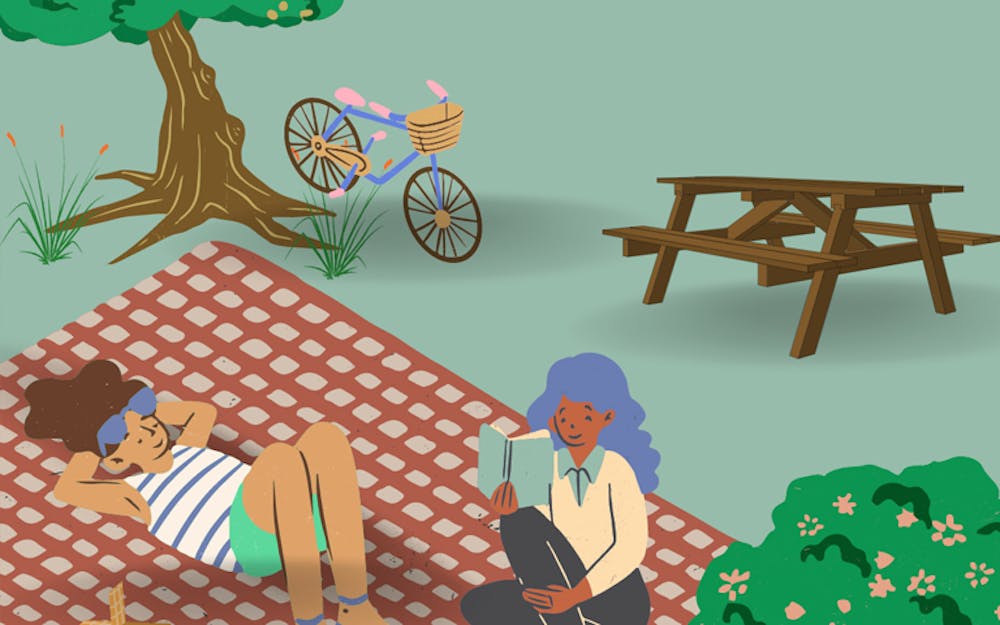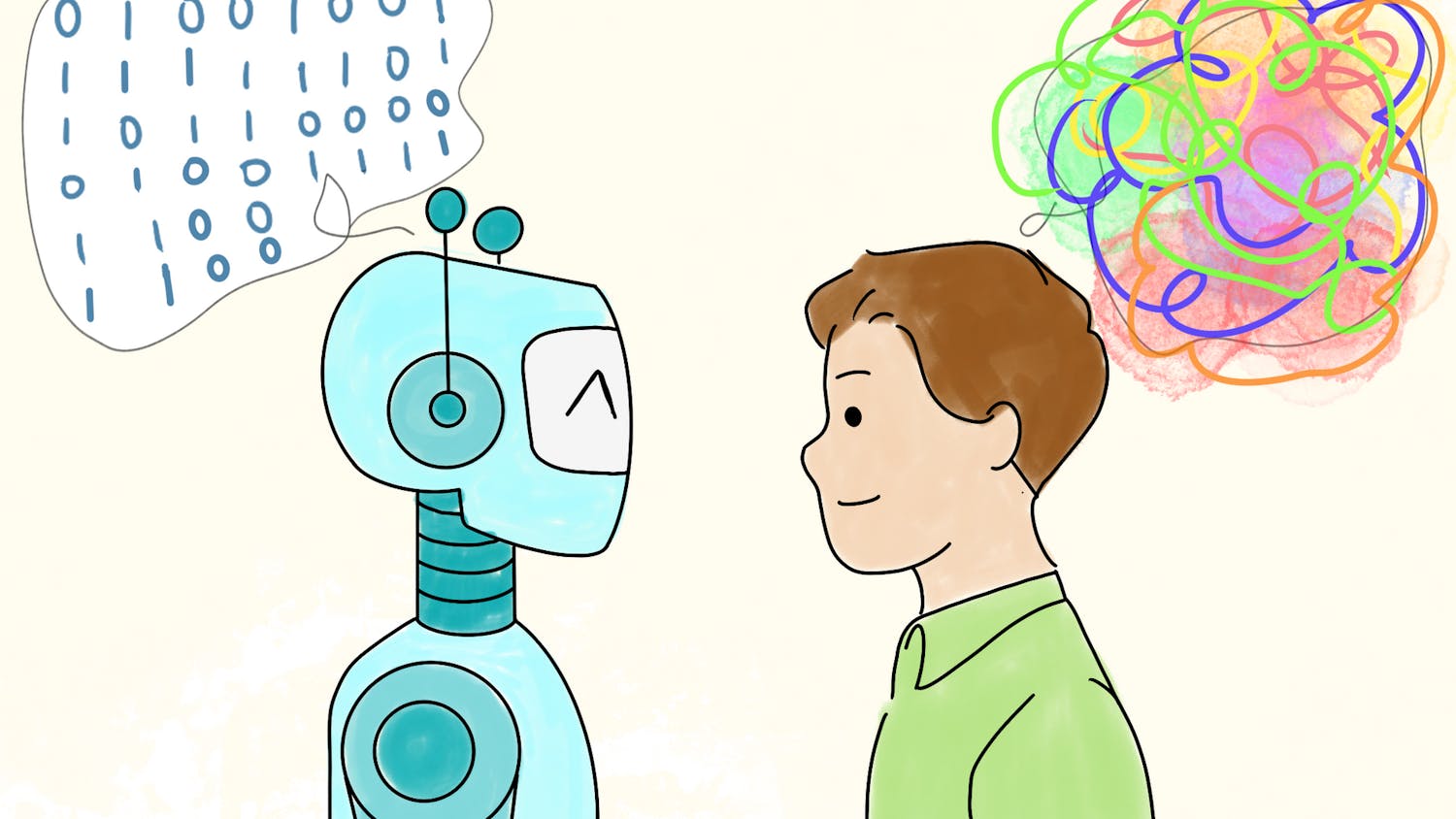July 31 marked the last day of National Minority Mental Health Awareness Month. Although this month is over, it is important to spread awareness about this topic all year round. During the second half of the year, there is a decline in mental health that is usually observed during the fall and winter. This is also known as Seasonal Affective Disorder (SAD).
SAD affects people worldwide, especially in places where there are harsh winters and less daylight hours during these months. Smart TMS stated that “prevalence in the USA ranges from 1.4% in Florida to 9.9% in Alaska.” The more sunlight individuals are exposed to during these months, the less likely an individual will be affected by SAD. Individuals who are in areas with little daylight during these months can still maintain their mental health with common practices like balanced nutrition, staying active, getting enough rest, mindfulness, meditation and sustaining communication between close friends and family.
A new alternative for individuals who are craving sunlight during these seasons is light therapy. Light therapy is when an individual benefits from a light box that uses light intensities of 2,500 lux or more. A study published in the Health Harvard Blog said that light therapy is most effective when done in the morning shortly after an individual awakens with a 10,000 lux lightbox and no ultraviolet wavelengths. Harvard Health also said to consult with your doctor first before beginning light therapy. Light therapy boxes can be purchased on large retail sites like Amazon and Walmart.
Mental health is important for anyone regardless of skin color, race or ethnicity, but awareness months like National Minority Mental Health Awareness Month have been established because of the disproportionate ratio of treatment for people of color compared to their Caucasian counterparts.
“In 2021, only 39 percent of Black or African American adults, 25 percent of Asian adults, and 36 percent of Hispanic/Latino adults with any mental illness were treated, compared to 52 percent of non-Hispanic white adults,” stated on the U.S. Department of Health and Human Services said website.
Months like National Mental Health Awareness Month are imperative to induce change in these populations.
Counseling is also a great resource to help individuals who are facing mental health battles. IU offers two free counseling sessions to in person students. More information and a registration link for this counseling can be found at the Student Health Center website. This website also offers guided meditation sessions, free mental health maintenance apps and mindfulness workshops.
There are also discounted therapy sessions and resources on the website for students who are unable to take advantage of IU’s free counseling sessions because they are distant learning students and do not reside in the state of Indiana or Illinois. There are also a lot of national programs and initiatives that promote free mental health counseling amongst minorities.
Here is a list of resources that minority students can take advantage of at anytime:
- Sad Girls Club
- Therapy For Black Girls
- Pre-Registration BMH
- National Queer and Trans Therapists of Color Network
- National Alliance for Hispanic Health
Students face an added stressor during these months where SAD is on the rise by returning to school and having to maintain assignment deadlines, work tasks, social obligations, holidays GPA’s — the list goes on. Students should be knowledgeable of what factors can affect their mental health and most important how to mind their mental health. Mental health should ideally be prioritized year round, not just during specific months or seasons. It is best to think of mental health like your physical health and maintain it as much as possible rather than only seeking help for your mental health once you no longer feel well.






